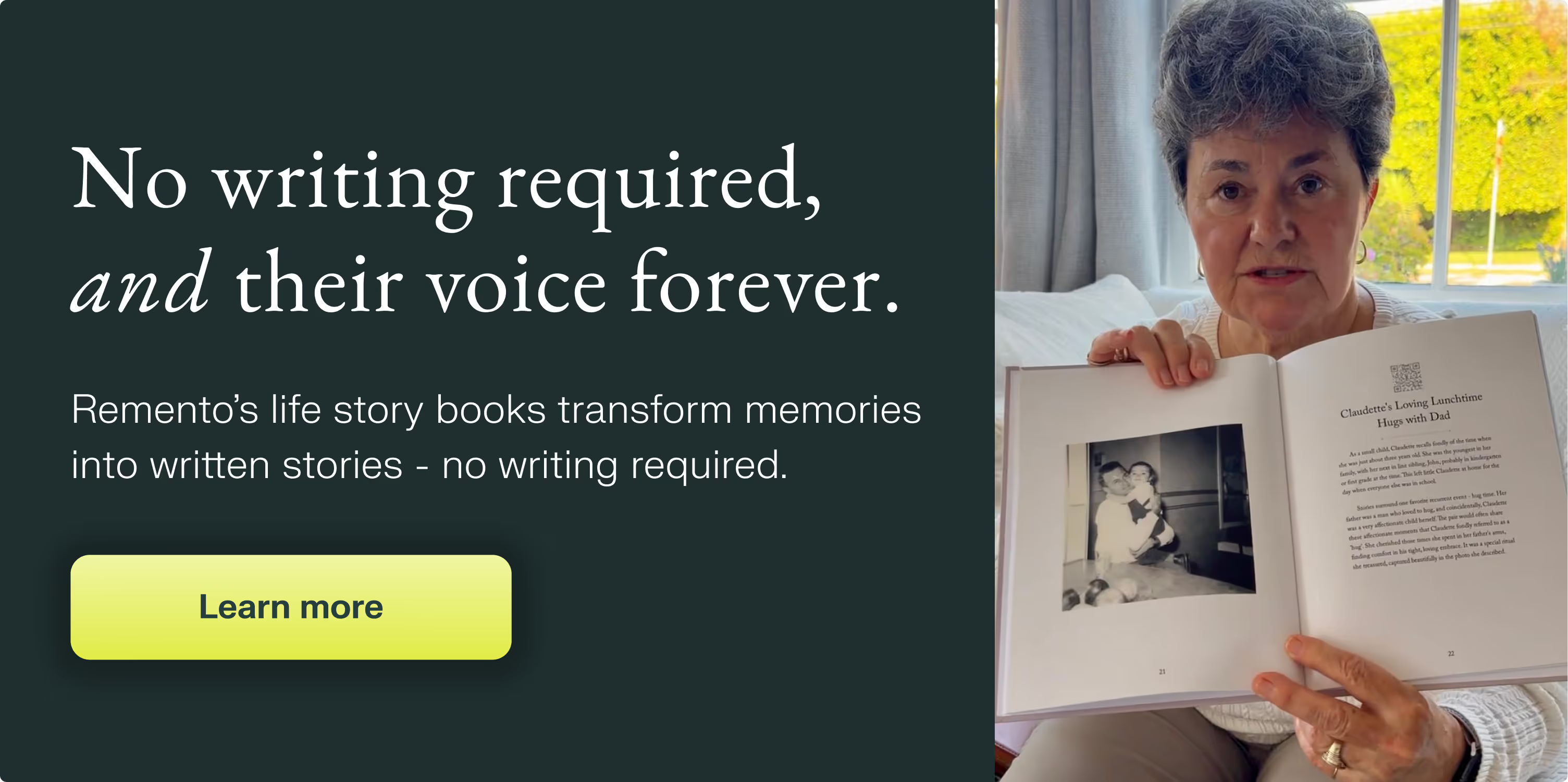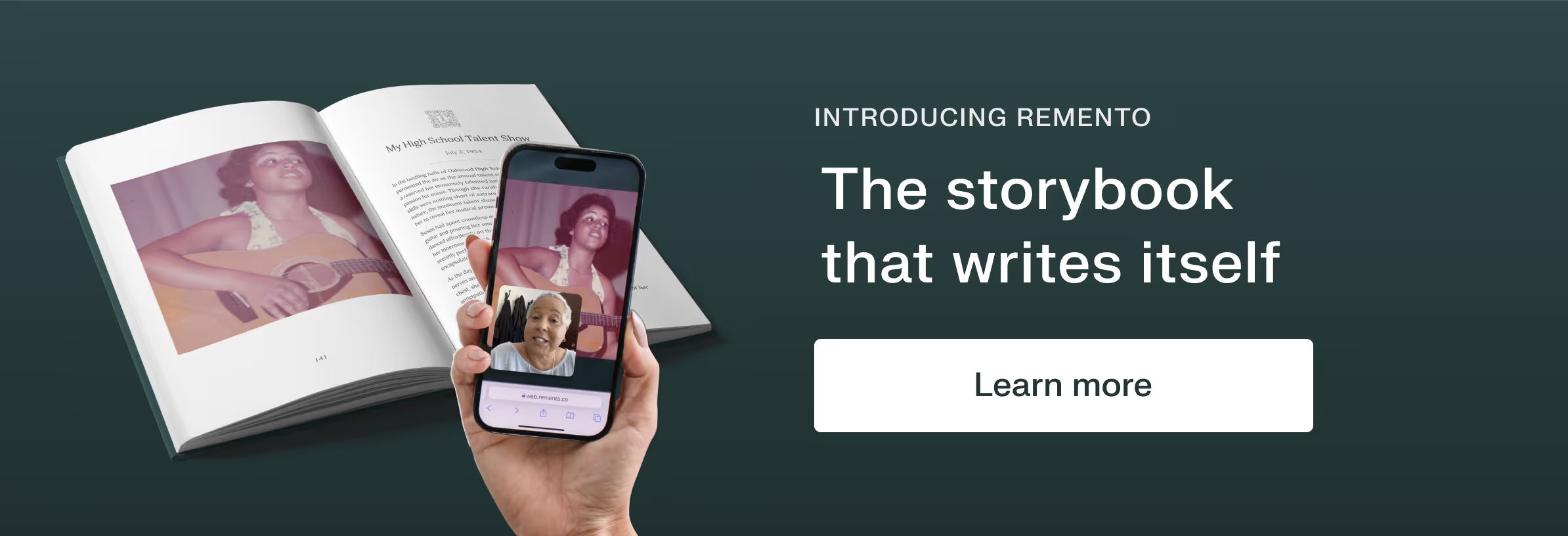Guaranteed to teach you things you never knew.
Nostalgia: Not Just a Trip Down Memory Lane
Recent research highlights nostalgia’s profound impact on emotional well-being, revealing its ability to provide comfort and guidance while fostering social connections and a sense of purpose in navigating life’s challenges.
The term nostalgia, coined in 1688, has been the subject of much speculation and recent scientific study. Looking back fondly upon past experiences seems to influence our minds more than we realized, having important implications for our emotional well-being, decision-making abilities, and life goals. To thoroughly investigate the impact and prevalence of nostalgia in our day-to-day lives, the Human Flourishing Lab conducted a survey involving a representative sample of over 2,000 American adults. The findings shed light on nostalgia's crucial role as a psychological resource, offering comfort, inspiration, and guidance to the majority of participants.
The Multifaceted Nature of Nostalgia
When you gaze back upon your past, what memories stand out the most? More often than not, our nostalgic musings revolve around deeply personal and social experiences, shared with family, romantic partners, and close friends. This sentiment rings true for a striking 73% of American adults, who find their nostalgic memories to reflect significant social interactions more than solitary events or those involving casual acquaintances.

The Psychological Value of Nostalgia
The survey participants overwhelmingly attested to the psychological importance of such memories. A remarkable 84% agreed that nostalgic encounters served to remind them of what truly holds significance in their lives. Furthermore, in the face of adversities, such as hardships, uncertainties, or even momentary dilemmas, over 70% of Americans dive into their pool of nostalgic memories for comfort and inspiration. Nostalgia acts as an anchor in stormy seas, providing solace and instilling hope for smoother voyages.
Nostalgia Across the Ages
Age and experience play a crucial role in shaping our associations with nostalgia. Older adults, in particular, were more inclined towards leveraging nostalgic remembrances as sources of life's most valuable lessons. Encouragingly, this acknowledgement of the psychological potential of nostalgia was prevalent among all age groups, proving that the power of past experiences transcends age-related boundaries.
Finding Personal and Social Meaning through Nostalgia
Nostalgia's implications go beyond reminiscing about the past. It contributes significantly towards fortifying a sense of belonging and continuity, instilling purpose, and shaping our individual life stories. This profound impact of nostalgia on our personal and social identities is explored in the upcoming book by Clay Routledge PhD called Past Forward: How Nostalgia Can Help You Live a More Meaningful Life. In the book, Routledge delves into understanding how nostalgia can help us navigate life's uncertainties and challenges, leading to a more fulfilling existence, with practical suggestions for harnessing the energy and potential of nostalgic experiences.
Nostalgia: A Compass for the Mind
Nostalgic reflections hold the potential to be a beacon guiding people’s decisions and actions, particularly during emotionally turbulent times. Research suggests that focusing on fond memories of the past can help individuals alleviate distress and refocus their minds on future-oriented goals and aspirations. This focus on meaningful experiences, shared with loved ones, can empower individuals to overcome obstacles and tread forward along life's journey with renewed hope and resilience.
Understanding our Nostalgic Memories
Further exploration of our nostalgic memories reveals that these are not solely memories of our past, they are deeply tied to our social interactions and relationships. These social connections that we cherish strongly feature in our trip down memory lane. Such a tendency underscores the significance of social bonds in shaping our perception of the world and ourselves. This association was found to be consistent among both men and women across all age groups.
Harnessing the Power of Nostalgia for Well-being
Nostalgia wields the power to uplift our moods, foster feelings of social connection and self-esteem, and motivate us towards achieving our life goals. The survey, however, sought to investigate whether the public recognizes these benefits. Encouragingly, the study confirmed that a majority of Americans do appreciate their nostalgic memories as sources of comfort and motivation.
The study affirmed that nostalgia does serve a crucial psychological function, by focusing our minds on the cherished experiences and social connections that constitute our past. These reflections can anchor us in challenging times, offering consolation, fuelling inspiration, and showing us the way forward. However, nostalgia remains a subjective experience. It has profound psychological benefits for many, while others may not resonate with the same sentiment. Regardless, the key takeaway is that the past, when viewed through the lens of nostalgia, can be a powerful tool for introspection and growth, encouraging us to step forward into the future with optimism and resilience.


Their stories, forever at your fingertips
Remento’s life story books turn a parent or grandparent’s memories of the past into a keepsake book for the future - no writing required.
Capture priceless family memories today
Join the thousands of families using Remento to preserve family history, all without writing a word.
.avif)
